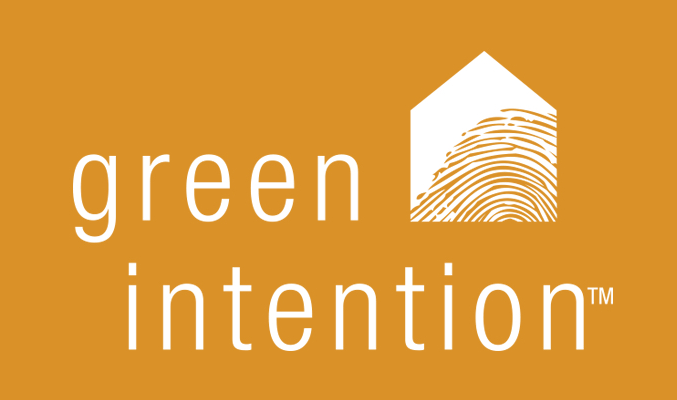I have saved this tip (which is really a group of tips) for one of the later weeks in the quarter, mostly because these are the ones you see in all the other typical “Top Ten Ways to Go Green.” To me, they are the boring, same-old-same-old tips that we saw at the end of Al Gore’s movie An Inconvenient Truth, which left most of us still feeling pretty helpless. Yes, we know we should turn down the thermostat in the winter and turn off the lights when we leave the room. (Better yet, we should get a programmable thermostat and occupancy sensors for our lights.) We know we should carpool more, or bicycle, walk, or take the bus. Here are three more:
- Dim the lights. Ah – a little trickier than just turning off the lights. Yes, it does make a difference, though an electrician tried to tell me otherwise. But I have a watt-meter, and when I plug in in a dimmable lamp, I can see that watt usage go down when I dim it down. That means less energy is being used.
- Use the stairs instead of the elevator. I know the elevator is there, and it’s easy, but do you have any idea what an energy hog it is? Well, neither do I, as the research shows that depending on the type of building and elevator, it varies widely. But in any case, when you use the stairs, you are using your own energy, and that’s a good thing for your health.
- Use air to dry things–like your clothes and your hair. Not only does this save energy, it is actually beneficial to your clothes and your hair!
First, clothing: the lint that needs to be emptied out of the dryer after a load is complete is not just stuff collected on your clothes, it is actually some of the fibers of your clothes. So, every time you put your clothes in the dryer, it slightly degrades the quality of the fabric.
Second: hair. A 2,000-watt hair dryer used for 30 minutes is equivalent to a 100-watt light bulb turned on for ten hours! On an annual basis, that’s 365 kilowatt hours, which costs $30-$35/year. I know some hair styles just have to be blown out, but going with the natural/curly/wavy look every once in a while gives your hair a break and helps save the planet.
And that’s the point: every little thing we do actually does make a difference — and we should feel good about it.
One of the problems I see with the environmental movement is the feeling people have of being morally judged if they are not “green” enough. And that does not feel good at all; in fact, it can backfire and prevent us from doing anything. So, I challenge the environmentalists to not hate people who own big houses, not resent large corporations, and not belittle the wealthy man who takes private jets. Where does that get us, besides further alienating those who can afford to invest in new energy-saving technologies?
